
Brazilian federal court lifts final embargo on Alunorte’s new bauxite residue disposal (DRS2)

The decision by the federal court to lift the DRS2 embargo under the criminal lawsuit came after a decision on September 20, to lift the DRS2 embargo under the civil lawsuit.
Hydro President and CEO Hilde Merete Aasheim said: “This is a milestone for Alunorte and will contribute to our agenda towards a more profitable and sustainable Hydro.”
“We are happy and eager to resume installation and commissioning activities at the state-of-art bauxite residue deposit DRS2, which is the only long-term solution for sustainable and robust operations at Alunorte. This is good news for our hard-working employees, for customers and for all local stakeholders who have contributed to this positive outcome,” said John Thuestad, EVP of the Bauxite & Alumina business area.
The embargoes have prevented Alunorte from following the originally planned transition from the old bauxite residue deposit area (DRS1) to the newest deposit area (DRS2), in combination with the press filter technology, Hydro said through its press release.
The press filter, the most modern and sustainable technology for depositing bauxite residue, generates a residue with 78% solid content, which allows stacking by compaction, increasing the safety of DRS2 and significantly reducing the area needed for disposal.
“Internal and external reviews, including inspections by authorities, confirmed that there was no overflow of Alunorte's bauxite residue deposits from the February 2018 rainfall.”
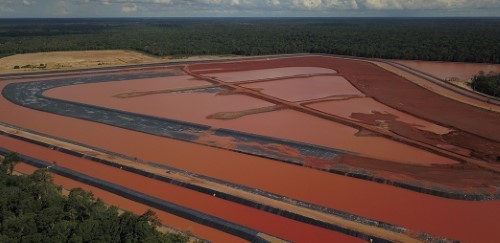


Gold price eases after Trump downplays clash with Fed chair Powell
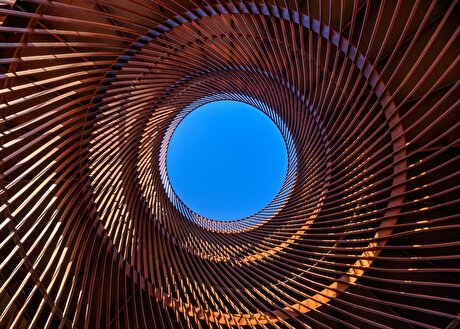
Copper price hits new record as tariff deadline looms
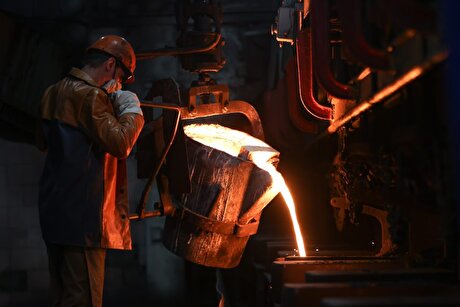
Brazil producers look to halt pig iron output as US tariff threat crimps demand
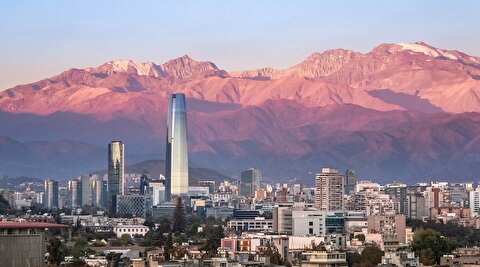
Chile’s 2025 vote puts mining sector’s future on the line

Gold price could hit $4,000 by year-end, says Fidelity
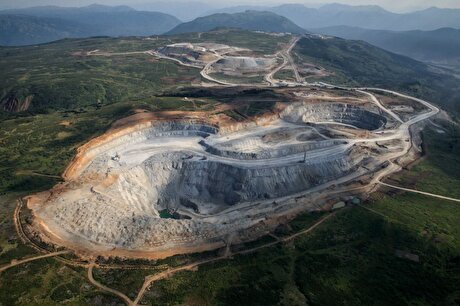
Three workers rescued after 60 hours trapped in Canada mine
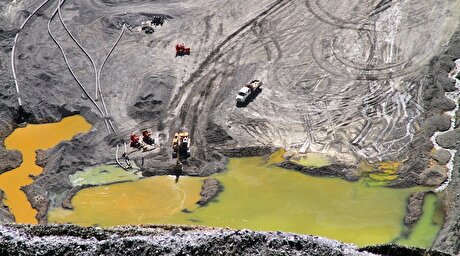
US targets mine waste to boost local critical minerals supply
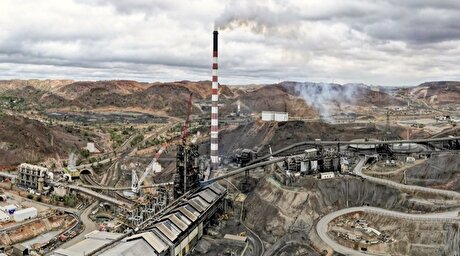
Glencore workers brace for layoffs on looming Mount Isa shutdown
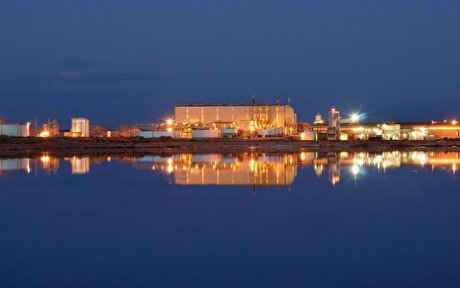
Energy Fuels surges to 3-year high as it begins heavy rare earth production
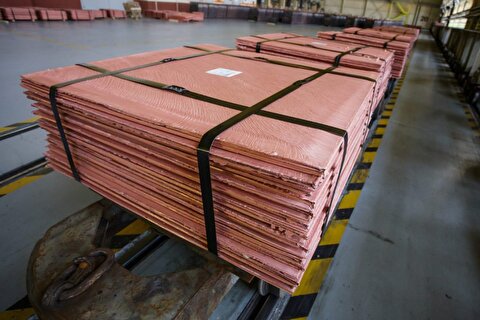
Trump tariff surprise triggers implosion of massive copper trade
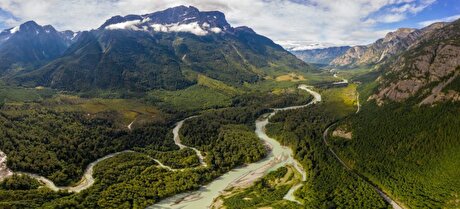
Maxus expands land holdings at Quarry antimony project in British Columbia
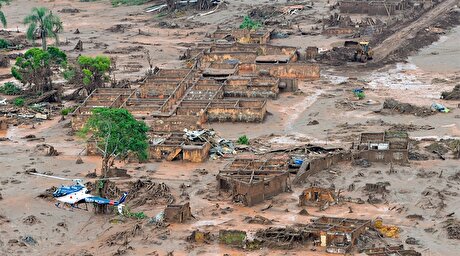
BHP, Vale accused of ‘cheating’ UK law firm out of $1.7 billion in fees
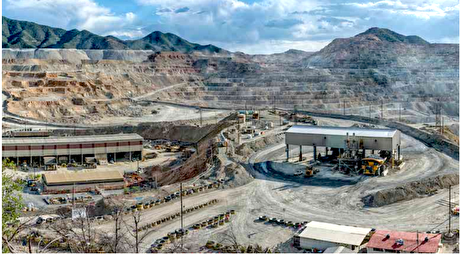
Southern Copper eyes $10.2B Mexico investment pending talks
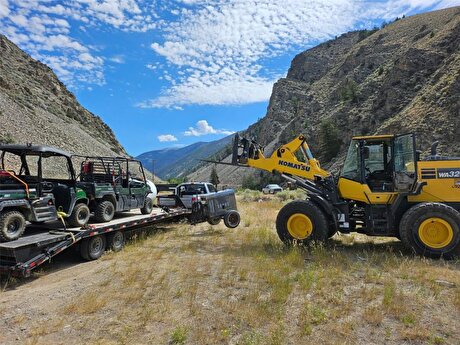
American Tungsten gets site remediation plan approved for Ima mine in Idaho
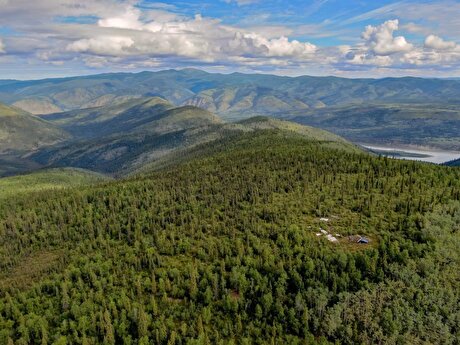
Kinross divests entire 12% stake in Yukon-focused White Gold

Gold price could hit $4,000 by year-end, says Fidelity

Southern Copper expects turmoil from US-China trade war to hit copper

Ramaco Resources secures five year permit for Brook rare earth mine in Wyoming

Column: EU’s pledge for $250 billion of US energy imports is delusional

Trump tariff surprise triggers implosion of massive copper trade

Maxus expands land holdings at Quarry antimony project in British Columbia

BHP, Vale accused of ‘cheating’ UK law firm out of $1.7 billion in fees

Southern Copper eyes $10.2B Mexico investment pending talks

American Tungsten gets site remediation plan approved for Ima mine in Idaho

Kinross divests entire 12% stake in Yukon-focused White Gold

Gold price could hit $4,000 by year-end, says Fidelity

Southern Copper expects turmoil from US-China trade war to hit copper

Ramaco Resources secures five year permit for Brook rare earth mine in Wyoming














